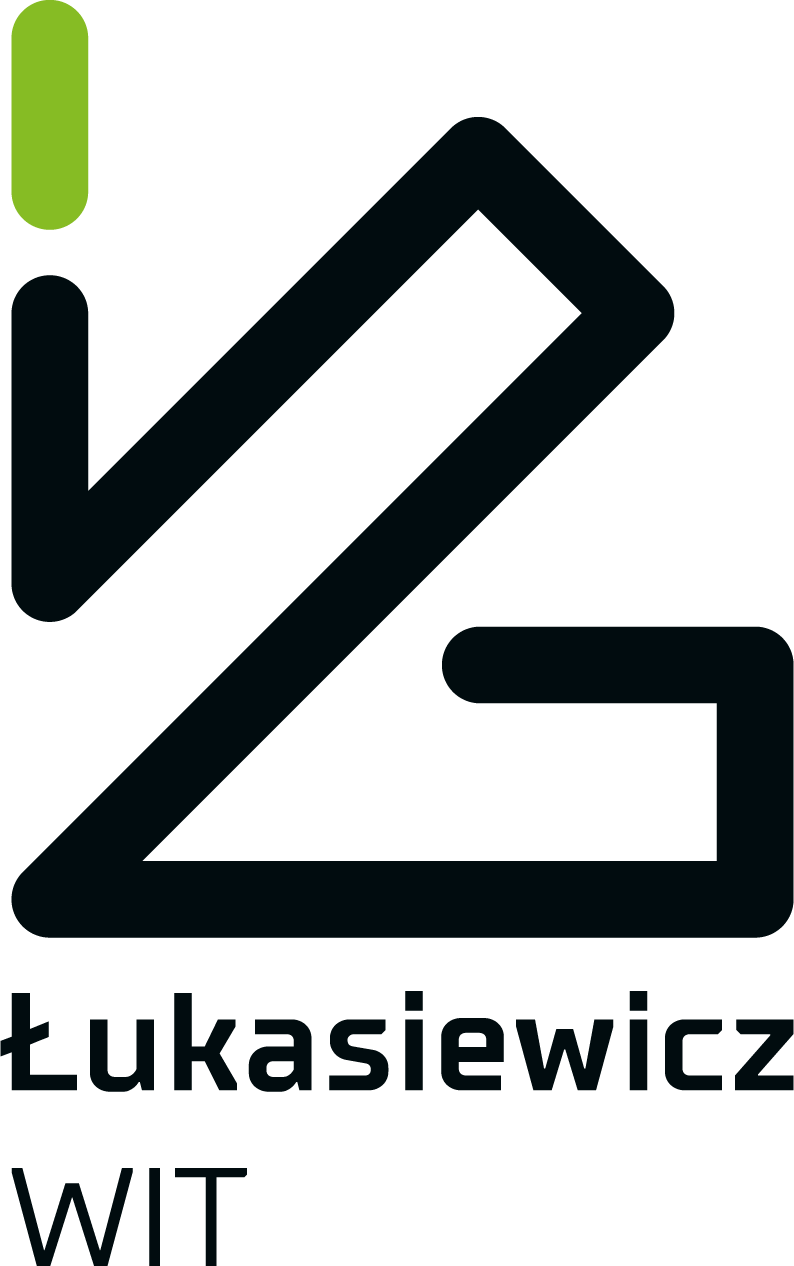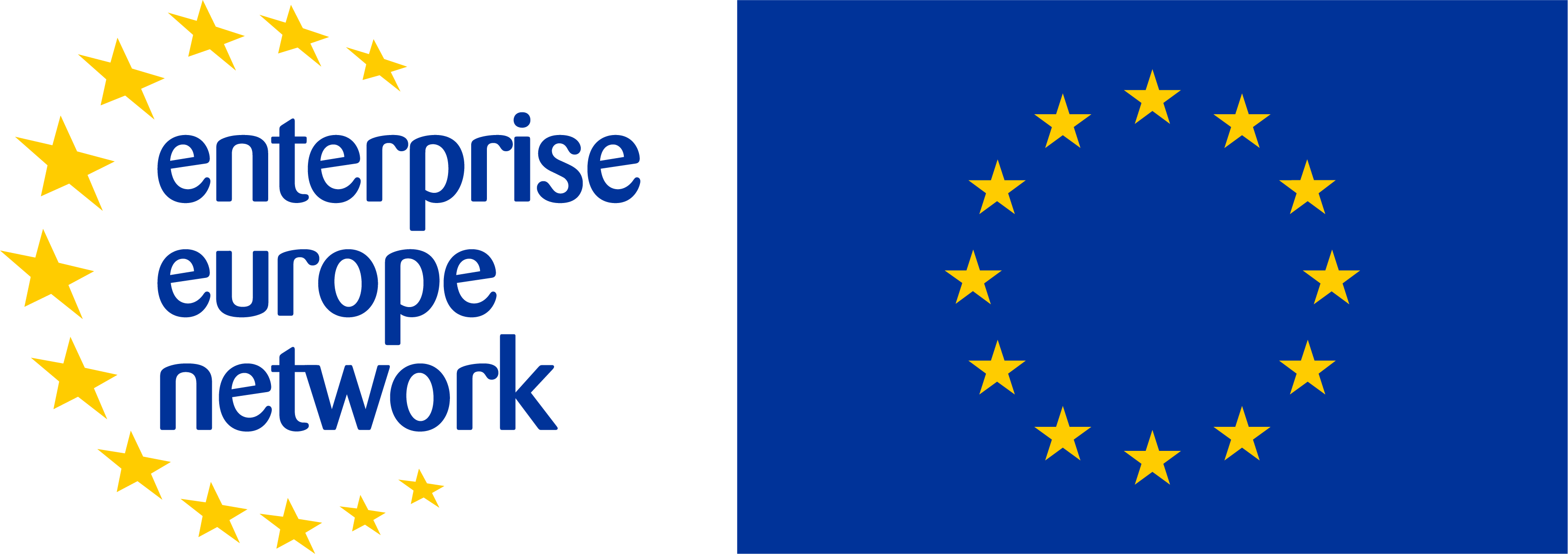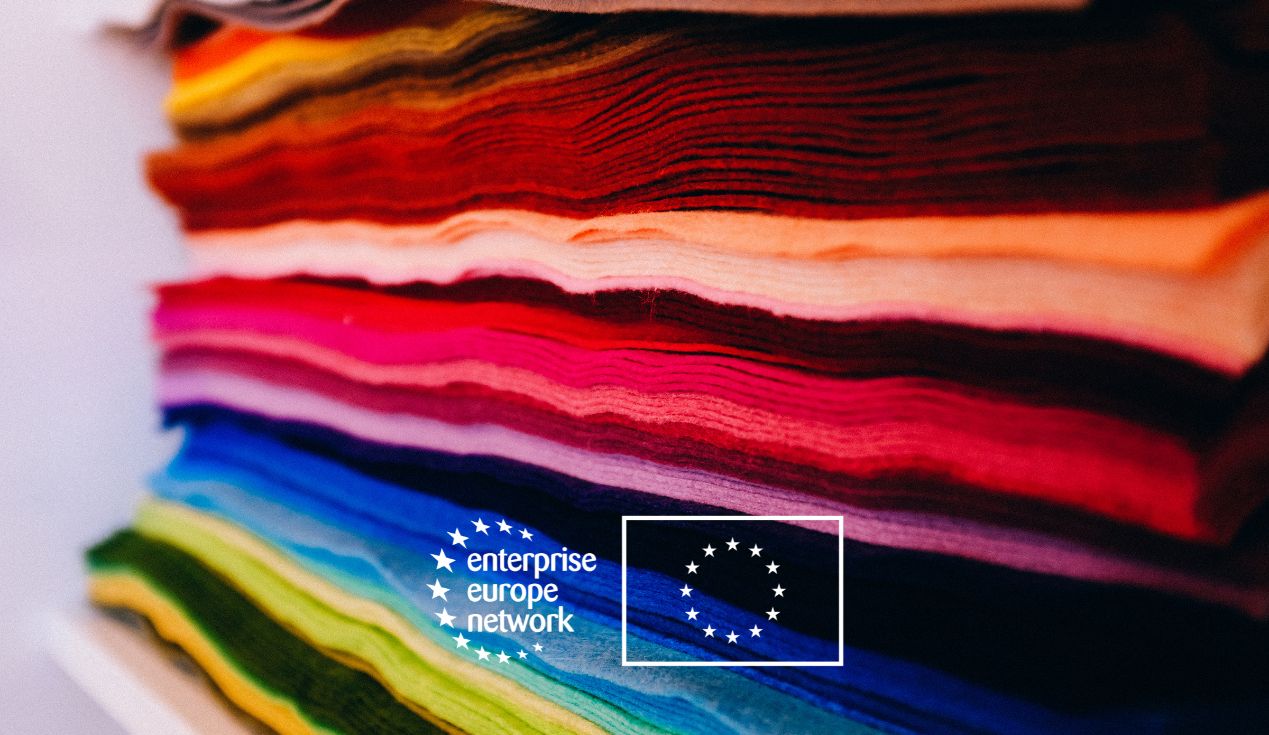The so-called „fast fashion” turned out to be a mayor challenge for the world, which has undertaken to introduce a sustainable development into all sectors of the economy, including the textile industry. What was treated as a pleasure and satisfying of consumer desires has turned out to have an extremely toxic impact on both, the environment and people. Currently, the world is literally flooded with clothes, which in the whole process of production are the second largest source of water pollution in the world, as well as a larger emitter of CO2 than air and sea transport combined. The textile industry has a very significant impact on biodiversity loss, the production of viscose might be an example where inherently large amounts of chemicals are used to produce it, which has a direct impact on the human body, through the skin and inhalation. The production of textiles means a vast amounts of water needed in the production process, it also means wastage of raw materials and final products, and finally, there is a significant problem with waste, because currently only about 1% of textiles are recycled. The textile industry has a highly negative impact on environment from the beginning to the end of the process, it also negatively influences the entire communities involved in its production, as well as n the management style in this industry.
The greed and created purchasing “need” contributed to the transfer of production to countries where workforce was and still is very low paid, and health and safety standards were ignored. Since the beginning of 21th century large companies have been massively moving their production to Asian countries such as: China, Bangladesh, and India. And although sewing workers in these countries worked several hours a day in conditions that violated human dignity, large clothing companies were not interested in their fate, especially since due to this measure, the clothing production doubled in the years between 2000-2014, and thus the companies’ profits increased, and buyers could afford more clothes for a low price. This pursuit of profit came at a cost of the Rana Plaza construction disaster that took place in 2013, in which 1,127 people were killed and approximately 2,500, injured, with most of the victims being women. This disaster, which was the result of violating workers’ rights and neglecting occupational health and safety regulations, woke up consumers and caused many protests in the countries where Bangladeshi clothes were sent. The Rana Plaza is a symbol of harmful fashion itself, as well as the pursuit of profit without considering its broad impact and risks on the environment and communities. This tragic event „awakened” decision-makers who began to take a closer look at the fashion industry. Companies also became interested in who they outsource production to and in what conditions people work.
Although the Rana Plaza disaster has stimulated large brands to take action to improve working conditions in Asian countries, the overproduction of textiles is still a mayor problem. Therefore, many countries have started to create special regulations, guidelines and plans to support actions that counteract the effects of fast fashion. At the beginning of 2022, the European Union published a strategy for the textile and clothing industry (EU Strategy for Sustainable and Circular Textiles), which includes changes in the approach to the production of clothing, which is to be more durable, and information about the production process is to be transparent and open. To realized it, a Digital Product Passport (DPP) will be introduced, i.e. a unique identifier assigned to the product and containing information such as composition (including specification of animal ingredients, or harmful substances used), the source of each element from which a given product was made specifying the place of origin of given elements and information about whether a given item is recyclable. The DPP may contain information about available sizes, models and care. The labeling is to cover goods manufactured in Europe and imported to the EU from other countries, since it is important to cover semi-finished products. The size of the company in the value chain in this industry will also not affect the obligation to use a passport. The EU is taking a number of actions and legislation to reduce the impact of textiles on the planet, including: introduces legislation for greenwashing, prohibits the destruction of unsold clothes and footwear, promotes the idea of re-sale and the implementation of the idea of a circular economy, which would consist in sharing, borrowing, reusing, repairing, renewing and recycling existing materials and products for as long as possible . The implementation of the DPP system will probably involve large investments, but if properly prepared and implemented, it will be beneficial for entire processes, consumer convenience and will increase the credibility and position of responsible companies on the markets. Possibly, in the future it will be implemented in other industries.


